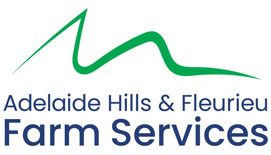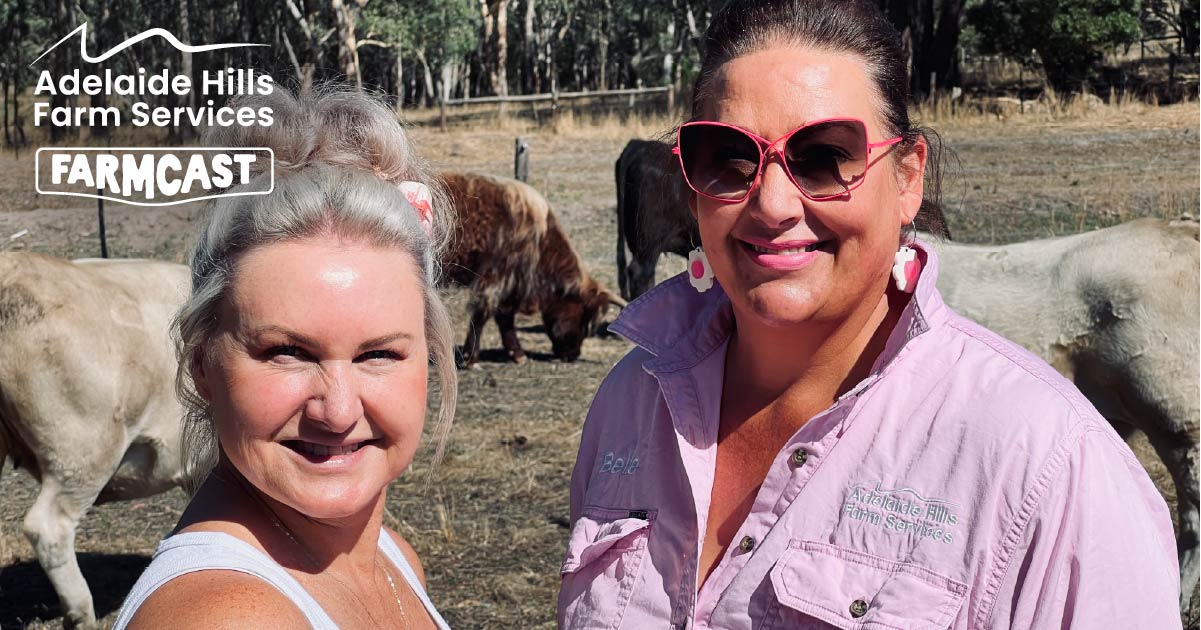
In the Adelaide Hills Farmcast March Edition, Belle Baker looks at farming jobs Adelaide Hills lifestyle farmers should be planning for during March and April. We’ll cover everything from yard maintenance before the winter rain sets in, lamb vaccinations, and even Bott Eggs to keep your horses in top condition.
We recorded this episode in the home of Catherine McLeod, who has a unique way of naming her paddocks.
And Patrick (Pods) O’Driscoll has a quick chat with Stud Stock auctioneer from Nutrien Ag, Gordon Wood, how to choose a bull to cover your cows or heifers
We hope you find this show helpful and welcome your comments below or email Belle or Pods at hello@adelaidehillsfarmservices.com.au.
You can play the episode, below, or search for Adelaide Hills Farmcast in your favourite podcast app, on Spotify, Apple Music, etc.
Also remember that each episode has chapter markers, so when you’re playing, you can skip to the next section easily.
00:30 Adelaide Hills Farmcast March Edition
Introduction
01:18 Adelaide Hills Farm Almanac / Farm Calendar
We have spent many years living and working on farms and together we have distilled some best practices, farm management schedules, and some handy tricks. We’ve captured these ideas into our own Adelaide Hills Farming Almanac, so that the experience of broad acre farming around South Australia can be adapted to the specific needs of the Adelaide Hills. And we’ve also modified our entries with the Lifestyle Farmer in mind.
Here are the notes about topics and tasks worth concentrating on over the next couple of months, which we’ve grouped together in different sections.
Cattle
With winter rains just a few months away, this early part of autumn is the perfect time to deal with cattleyard maintenance and truck access before things get muddy or overgrown.
This can be as simple as
- Checking your yards for protruding nails and rusting rails. The last thing you want is ripping skin and damaging carcases, potentially not allowing the stock to be transported to either market or abattoir. The term we use for this is ‘Dark Cutter’. If you’d like to look further into this the NSW Department of Primary Industries has some good information here.
- Give gate latches a clean-up, remove any built-up debris so that you get a good closure and give them some love with a spray of oil or lubricant like WD-40
- Spray weeds and whipper snipper around areas of the yards – particularly the areas that aren’t used frequently. – helps with drainage during the wet winter months.
- Truck access – Trucks must be able to pull into your cattle yards and be completely off the road. Good time to put rubble in pot holes and build up or repair truck turning circles
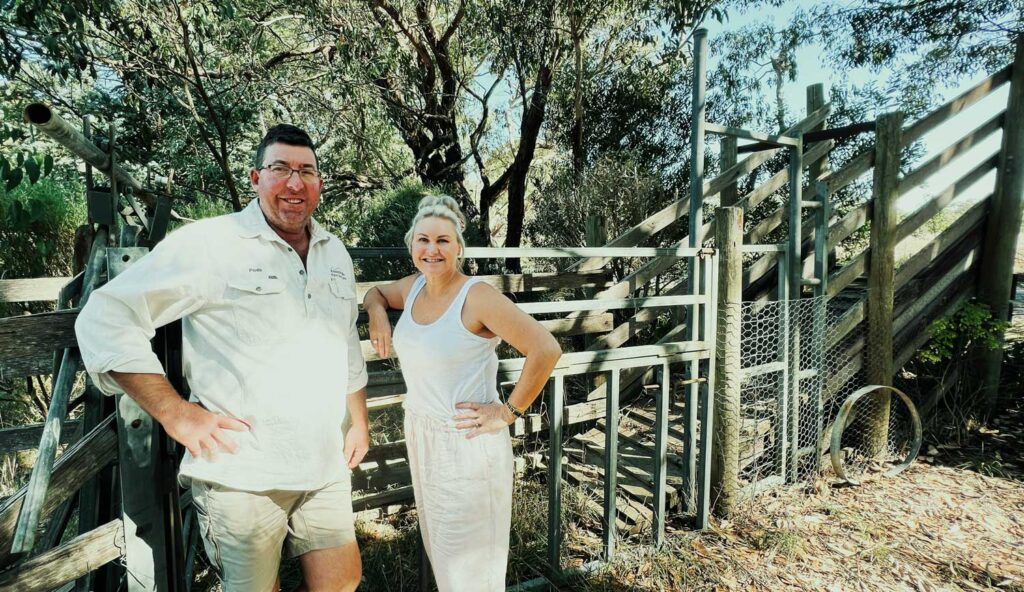
SafeWork SA has a no-nonsense guide to livestock loading and transport safety – it’s well worth a quick read.
Sheep
- Pre lambing vaccination for April / May Drop
- Glanvac® 6 provides sheep and goats with protection against Cheesy Gland (CLA) and the five main clostridial diseases; black disease, black leg, malignant oedema, pulpy kidney, and tetanus. Vaccines can be purchased at rural resellers / retailers in the Adelaide Hills. A handy list is provided at the end of the show notes.
- Ideally 4 -6 weeks prior to Lambing
- Over handling heavy in Lamb Ewes increases the risk of stress to the animal and potentially causing a toxemia highly likely resulting in death.
- It’s worthwhile adding calcium and magnesium supplements for the ewes before they start lactating – suggest putting these out once you return them to their paddock after their vaccination.
- Working out gestation period – when your ewes are going to lamb: cousinsms.com.au have a great app on their website.
Shedding Sheep
- Dorpers, Wiltipoll and Australian White Sheep are the most common that we see in the Adelaide Hills
- Although they are all ‘self shedding’, they don’t always shed their entire fleece. We do see cases of fly strike or body strike in these sheep.
- Sam Kelly, an Agricultural Science student at Adelaide University has written a blog post for us – we’ll let you know when it’s live!
- Important that your shedding sheep get a complete shed – we suggest doing a clean up with shears or a hand piece.
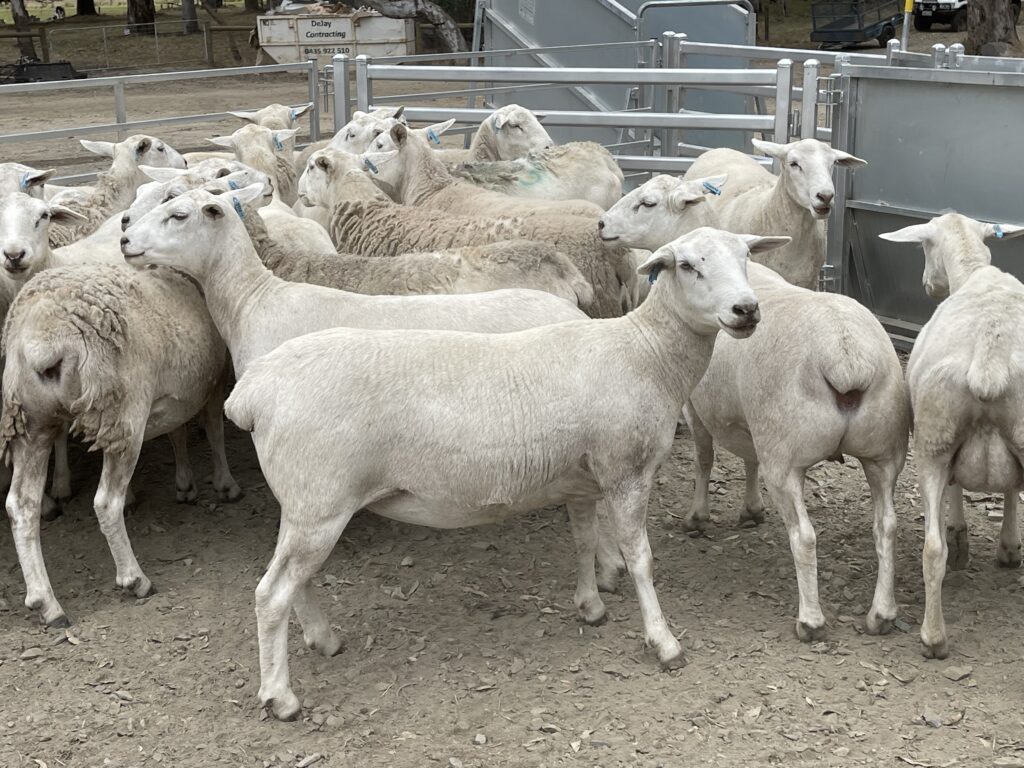
Pastures
Prior Planning Prevents Pathetic Pastures – or so the saying goes…
March is a good time to get soil tests done. This allows for decisions to be made with regards to the type of Fertiliser to be added to enhance productivity and the amount required, together with predicting and planning weed and disease management. Planning is paramount to any decision making process and ultimately, the success.
Weed Management
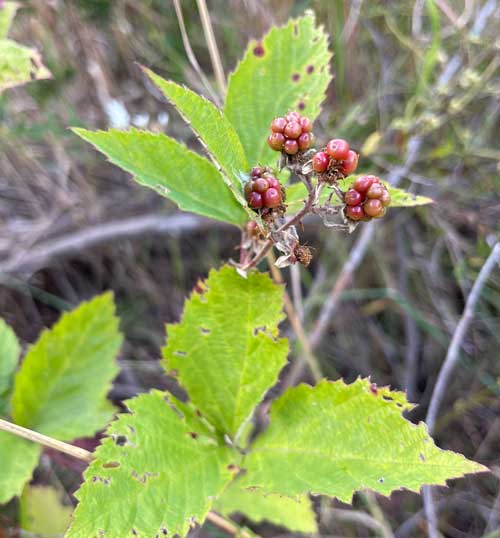
Control of Blackberries and Gorse should be undertaken in the very late spring/summer and autumn period when these weeds are actively growing. Risks and factors to take into consideration include potential spray drift and off-target impacts, waterways and other environmental impacts. It is best to speak to a local agronomist who will provide information for your particular situation and then to employ a fully qualified Pest and Disease and Weed Control Spray Contractor (like Pods!)
Horses
- Bots eggs come from bot flies, which lay their eggs on the legs, neck and shoulders of horses
- Horses lick the eggs and ingest them, which potentially causes issues in their mouth and stomach. Bot flies can cause stomach ulcers in horses which can be difficult and expensive to manage.
- Prevention is the key – use a bot knife or razor to remove them, making sure that the eggs are removed from the paddock and disposed of. This really needs to be done twice a day while when bot flies are present. Some people wipe the eggs with turps before scraping with the knife as this stops them from sticking to the horses’ hair. Keeping horses in cotton or mesh rugs prevents flies from laying eggs on the shoulders/ neck, but doesn’t help with the legs.
- Although bots and bot eggs aren’t worms, they can be managed with wormers containing ivermectin, abamectin or maxidectin. These should be given to horses that are suspected to have a bot egg burden internally.
More information can be found on the Pony Club Australia website
Alpacas
Nothing in this section this month.
Livestock (General)
Nothing in this section this month.
Fruit Trees
Nothing in this section this month.
Gardens (General)
Nothing in this section this month.
We recommend these Rural Resellers/Retailers in the Adelaide Hills:
Hills Farm Supplies, Mount Barker
Coopers Mt Torrens / Mt Pleasent
14:51 Farmcast Interview
Pods was out at the Newlyn Park Angus Bull Sale recently and took stud stock auctioneer, Gordon Wood aside for a quick chat to get some tips for anybody running or considering buying in some cattle.
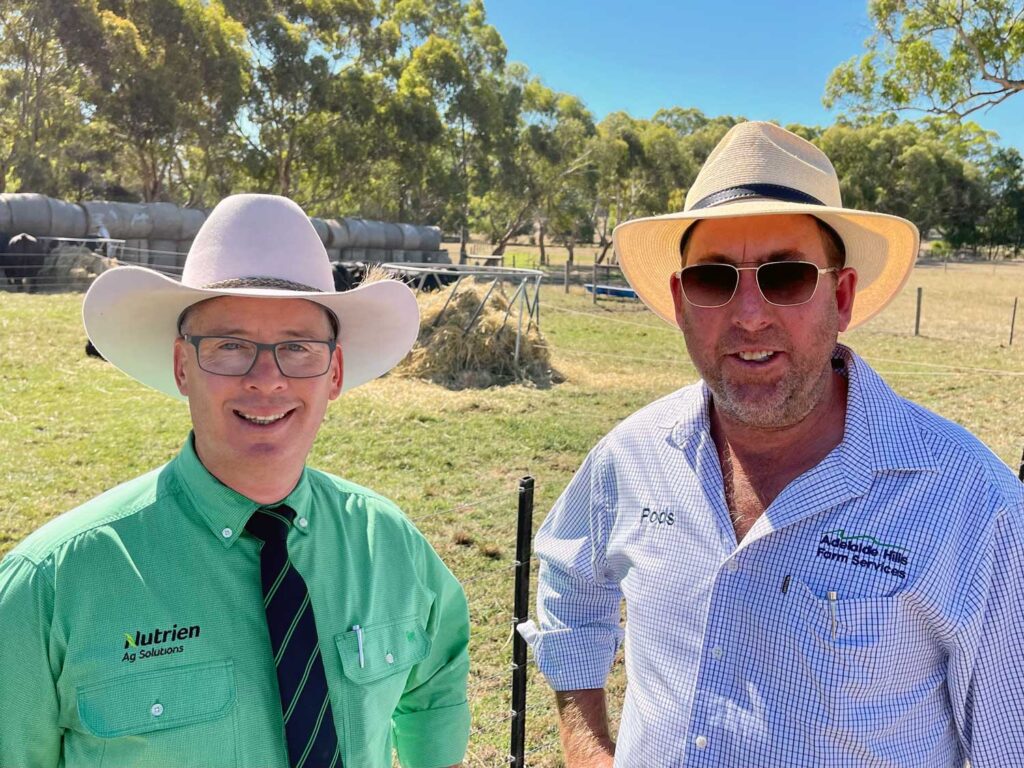
Here are the main questions Pods asked:
- What are the three main characteristics you should be looking for in your bulls?
- Is there a difference in the type of bull you would use to cover your heifers versus your cows?
- What is the ideal time to put your bull in with the heifers or cows?
- What would you recommend to have in place on your property if you were to buy a bull?
Most on property stock sales are also featured through the online buying platform Auctions Plus. It’s worth keeping an eye out for what’s happening in and around the Adelaide Hills.
23:47 Farmcast Co-host: Catherine McLeod
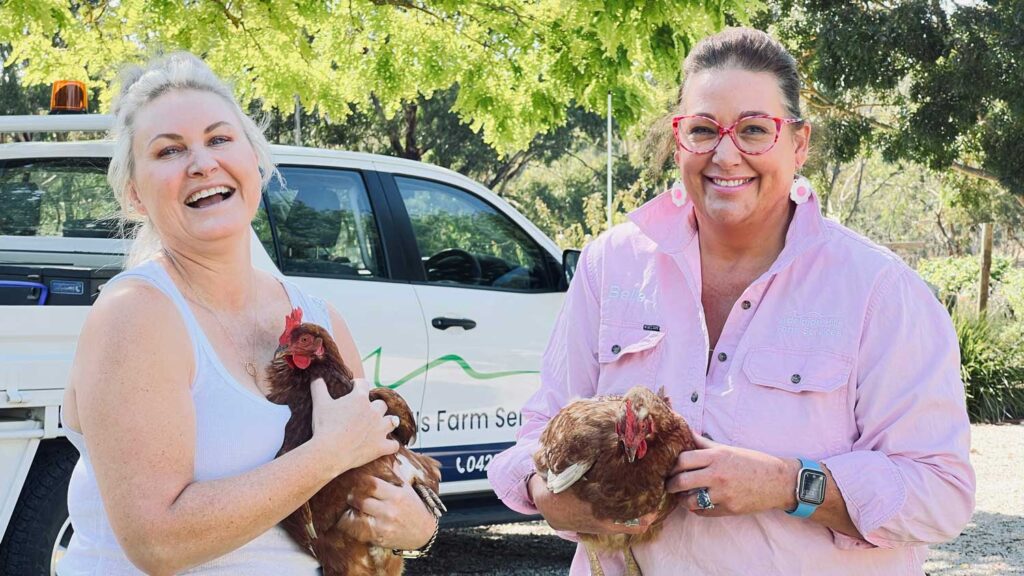
I’ve known Catherine for a while now. Pods and I first met her and her partner Marc Appels when they were wanting to improve their fences so that they could run a small herd of cattle.
She was a great host today for the podcast, and I asked her a few questions to share more of her background.
We also shared some delicious strawberries from Green Valley Strawberries including their new, highly acclaimed freeze-dried strawberry chocolates!
